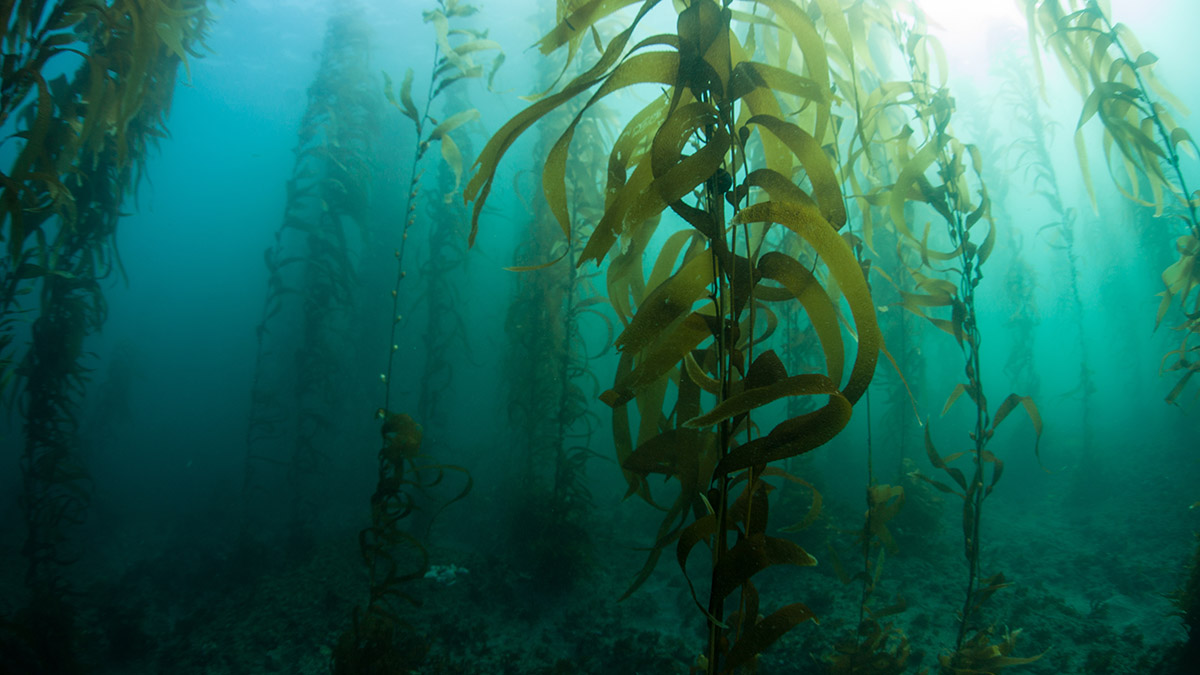This blog aims to provide information about the study titled “Apoptosis Induced in Colon Cancer by Fucoidan and Alginate from Brown Algae Colpomenia sinuosa, Combined with Vitamin C” conducted by Reem Al Monla et al. The study explores the effects of combining fucoidan and alginate, two polysaccharides derived from brown algae, with vitamin C on different types of cancer cells.
There is a lack of research on the anticancer properties of fucoidan, alginate, and their combination with vitamin C derived from C. sinuosa.
Then, the investigation assessed the apoptotic effect of the phenol-rich crude extract obtained from C. sinuosa on colon cancer cells. The study examined the chemical composition of the extract and identified the presence of fucoidan and alginate polysaccharides in this particular type of algae. These polysaccharides demonstrated significant anticancer activity when used alone or in combination with vitamin C against a panel of solid tumors.
The 2,2-diphenyl-1-picrylhydrazyl hydrate (DPPH) assay is used because it is an accurate, easy, and economical method to measure the radical scavenging activity of antioxidants, and also as superoxide dismutase (SOD) is one of the most important and sensitive antioxidant enzymes, they measured the activity of superoxide dismutase (SOD) in the presence of fucoidan and alginate. As shown in Figure 1, both fucoidan and alginate showed dose-dependent antioxidant activity. However, fucoidan showed higher antioxidant capacity than alginate in both DPPH and SOD assays.
First, they investigated the antitumor properties of the extracted polysaccharides by exposing colon HCT-116, cervical HeLa, and breast MCF 7 cells to different concentrations and determined their effects on cell viability using an MTT assay. The researchers discovered that the viability of cells was negatively impacted by both compounds, with a dose and time-dependent inhibitory effect observed at both the 24 and 48 hour time points, as shown in Figure 2.
The viability of HCT-116 cells was found to decrease significantly after being treated with high concentrations of fucoidan for a duration of 24 hours, as shown in Figure 2A, in comparison to the cells treated with low concentrations. A similar dose-dependent inhibition pattern was observed upon treatment with alginate, with 37.1% inhibition observed at 750 μg/mL−1 (Fig. 2C). The survival rate of HCT-116 colon cancer cells treated with 750 μg/mL-1 fucoidan for 48 h was lower than that of MCF 7 and HeLa cell lines, as shown in Figure. 2B. Alginate treatment was found to yield similar results when applied to specific cancer cell lines, as demonstrated in Figure 2D. Hence, the HCT-116 cell line showed the greatest susceptibility to polysaccharides, with fucoidan demonstrating a lower IC50 value than alginate.
The central mechanism in cancer therapy is the induction of apoptosis by ROS. To study the mechanisms of cell death, researchers utilized the fluorescent probe DCFDA to focus on the most significant factors. ROS production was measured in the HCT-116 cell line. The administration of fucoidan and alginate led to a substantial increase in intracellular ROS levels when compared to the control group. This finding implies that the induction of ROS plays a crucial role in the cell death mechanism triggered by these marine polysaccharides.
Since the purified fucoidan and alginate of C. sinuosa were mostly effective against HCT-116 cells, they next applied them at two different concentrations (500 and 750 μg/ mL-1) to evaluate their effectiveness. In order to evaluate the impact of the combined treatments on cytotoxicity, the researchers conducted a test and compared the results to those of the single treatments, as illustrated in Figure 3A and B. As shown in Figure 8B, the combination of 5 mM vitamin C and 750 μg/mL fucoidan resulted in a significant decrease in cell viability (34.2%) compared to either compound alone at 48 h brought about. In the presence of fucoidan or vitamin C, respectively. The decrease in HCT-116 cell viability when treated with alginate and vitamin C was similar (45% at 48 h) to alginate treatment alone (48.6%). Therefore, the combination of vitamin C and fucoidan appears to exhibit a stronger antitumor effect than the combination of vitamin C and alginate.
In conclusion, fucoidan and alginate from C. sinuosa appear to have promising antitumor activity against various human cancer cell lines. The combination of vitamin C and [insert substance] resulted in significant changes in the cell cycle, the generation of reactive oxygen species (ROS), and the induction of apoptotic cell death in the HCT-116 colon cancer cell line. Fucoidan and alginate may potentially be utilized as dietary supplements in the future, either in combination with vitamin C or as a complementary treatment for cancer.



Source: Molecules 2022, 27(2), 358; https://doi.org/10.3390/molecules27020358
